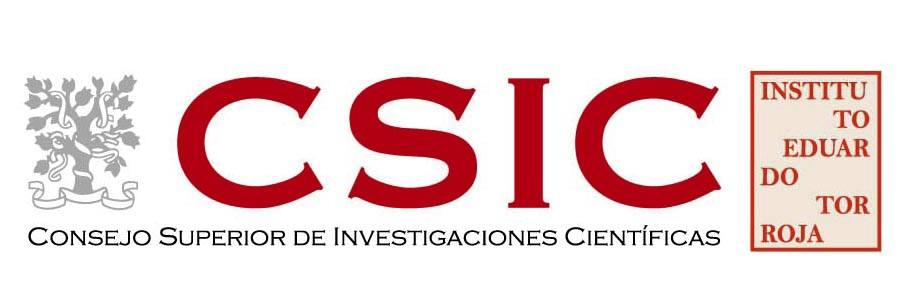This research studies the effect of incorporating a surrogate molten salt radioactive waste (labelled as MS, composed of a mixture of carbonates, chlorides and sulphates) on the mechanical, mineralogical and microstructural features of two types of cementitious systems: i) Portland cementitious systems and ii) a novel “one-part geopolymer”.
As Portland cementitious systems, a CEM I/42.5 SR and a CEM III/B 32.5, were selected. The “one-part” geopolymer was prepared with mixtures of metakaolin and blast furnace slag as precursors, and NaOH and Na2SiO3 powders, as solid activators.
Results shown that the MS interacts with both cementitious matrixes, affecting the hydration/activation and promoting the crystallisation of sodium/calcium carbonate hydrated phases. Mechanical strengths substantially declined and the microstructure was clearly affected, especially in samples containing 30% of the MS. Some lines of action are suggested to improve the cementation treatment of MS minimising its effect in the development of the different cementitious materials.


